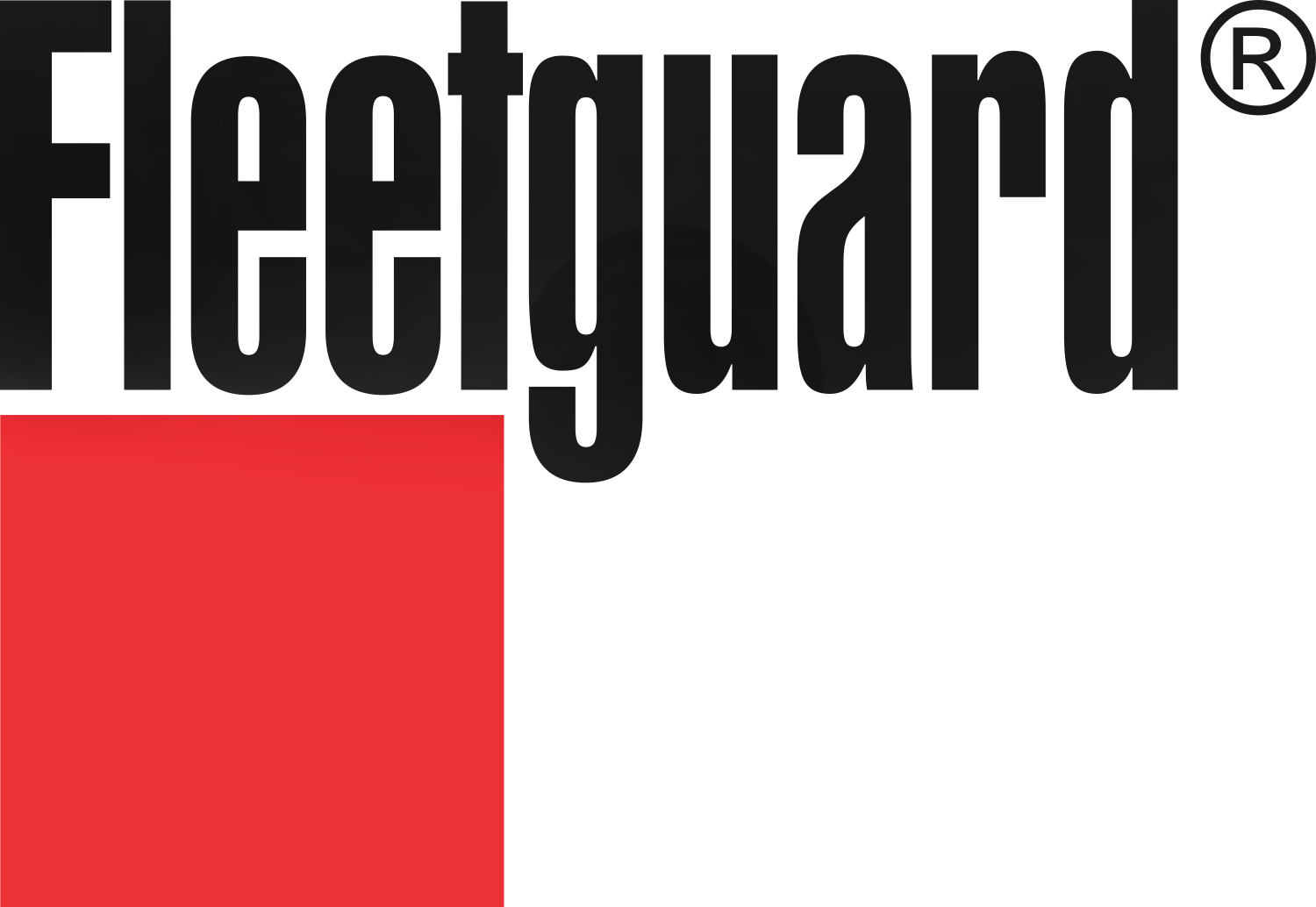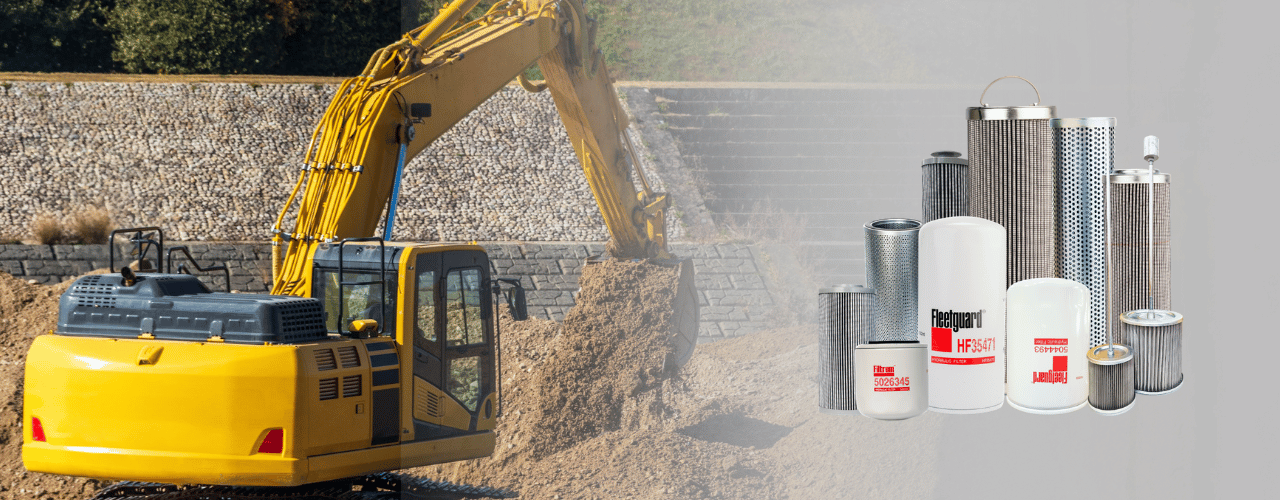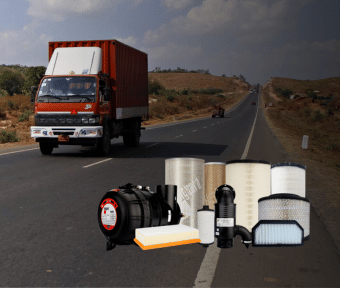Product | 28 Feb 2019
A hydraulic system is a complex network of valves, hoses, components, and piping, all of which are typically found in hydraulic machinery. Hydraulic systems can be quite diverse in their operation per se, but the basic principle remains the same - using non-compressible fluids to generate force. Hydraulic systems are used in applications which require lifting enormous amounts of weights, in the steering mechanism of the vehicles or in other applications which require focused energy.
The Causes for Failure of Hydraulic Components
A hydraulic system is a mechanical system. Hence, it is prone to wear & tear over time. There are components such as the seal and springs which become lose or get damaged from poor filtration and leakages. Fluid contamination is the major cause which accounts for 75% of cases of hydraulic system failure.
Avoiding System Malfunction
Selecting the right fluid to use in the hydraulics also plays a very important role. There are multiple options available in the market, the choice depends upon your application. It is recommended to consult with your equipment OEM to select the appropriate fluid. Typically, petroleum-based hydraulic fluids are considered standard for most applications. Water glycols, water-oil emulsions, and synthetic hydraulic fluids are used when there is a requirement for a fire-resistant fluid.
How Contaminants Enter the System
Even when you select the right fluid, clean and pure as it may be, it is still prone to contamination due to usage. There are various ways a contaminant can enter into the system. Hydraulic Fluid can be somewhat impure right at the beginning. Built-In contamination from metal filings, small burrs, sand, pieces of Teflon tape and other contaminants which usually come with newly manufactured systems. Ingress contamination comes from the external environment. Dirt can enter through broken seals, breather caps in the reservoir tank and worn cylinder rods. Water can enter the system as the hot system cools down at night and air condenses. Acids, sludge, and oxidation cause rust affecting the lubricant.
Maintaining the Hydraulic System
A hydraulic filter is required to clear the system off these impurities. This ensures longer service durations and optimized working of the system. When it’s time, the filters need to be replaced based on hours or miles of use, typically specified by the equipment manufacturer; however, some hydraulic filters have differential pressure switches that indicate when it is time to service the hydraulic filters. It is recommended to follow the service intervals specified by the OEM application’s guidelines to ensure the highest level of system protection.
What Are the Different Types of Hydraulic Filters Available?
Fleetguard, one of the leading Industrial Filter Manufacturers In India, has been designing and manufacturing heavy-duty filtration solutions for more than 60 years. This profound experience has ensured that all of Fleetguard filters and filter media has been proven in the harshest operating environments for many OEMs around the world. Fleetguard provides various hydraulic filters, which vary depending on the filter head and application into which they will be placed. They are available in multiple categories such as Pressure Line, Return Line, Tank Top, and Traditional Spin-on types. The hydraulic cartridge includes absolute rated high-efficiency micro glass fiber, cleanable wire mesh type along with conventional cellulose paper media.








